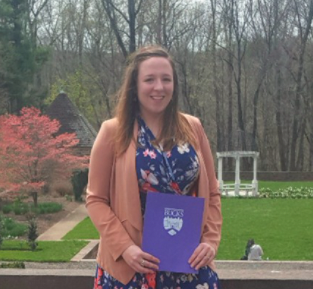
Exactly one year after my first time stepping into a classroom during my Master’s program, I started my first gig as a part-time contingent instructor at a community college. Because of my training, and perhaps my newness, I was assigned to teach the classes commonly referred to as “remedial”. As a first-generation student, I loved this work and my time in these classes, helping students to demystify writing in college and connect their lived experiences to their work as students. The more I taught these courses, the more it became clear to me that some faculty were not interested in teaching developmental writing courses. Moreover, those who were interested didn’t spend much time considering ways that technology or attention to digital rhetorics could make reading and writing practices more visible and accessible to students, whether in “remedial” courses or not.
In the years to come, I would make the thoughtful use of digital tools in the classroom and the development of critical digital literacy a priority in my teaching of basic writing classes. Every time someone questioned this emphasis, suggesting it was too complicated or that it distracted from the purpose of basic writing classes, I was happy to respond with a wealth of student work that suggested otherwise.
I left full-time work in the classroom in 2018 and entered a Ph.D. program at UC Davis to spend more time understanding the presence of technology and pedagogies of digital rhetorics in basic writing classrooms. And while my research has shifted and broadened to new areas, I am still that teacher who sees digital rhetorics and technology as a way to engage students and offer them new ways to think about writing and composition.

My passion and interest in digital rhetorics comes from my time as a young person in a working class, rural town that offered little to do and see. My parents worked long hours in physically demanding jobs to make sure food was on the table, and somewhere along the way we were given a used Nintendo NES to help us pass the time in a quiet farmhouse. The game system was old when I got it, but it was precious to me. The original Legend of Zelda and the few other cartridges we were gifted with opened up my tiny world and gave me lifelong connections to technology, game play, and the worlds they housed.
As a DRC Fellow, I’m particularly interested in curating more teaching materials for other instructors and collaborating with fellow DRC scholars on new projects. It’s exciting to be connected with scholars across the country who share similar interests and origin stories, and I’m very thankful to be a part of it.
